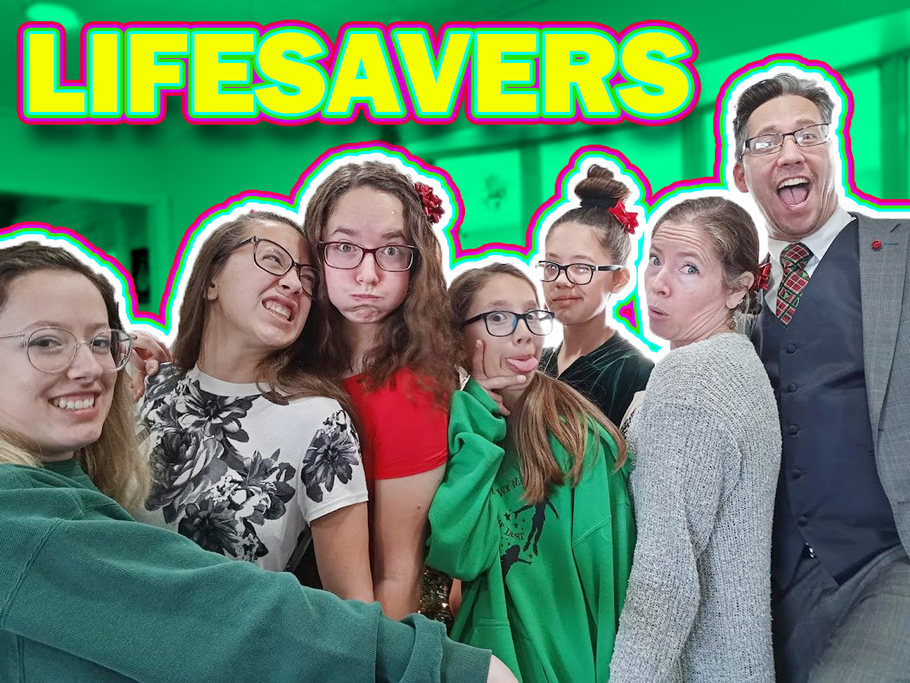For those of you who don't know what the Oxford comma is, it is only the most exalted and most controversial of all punctuation marks. I know there are some of you who will not like what I'm about to say, but for the good of English, it must be said.
As for the definition of an "Oxford" comma, Wikipedia—as always—puts it best in their entry about the Serial Comma (also known as the Oxford Comma): "the comma used immediately before a grammatical conjunction (nearly always and or or; sometimes nor) that precedes the last item in a list of three or more items. The phrase "Portugal, Spain, and France", for example, is written with the serial comma, while "Portugal, Spain and France", identical in meaning, is written without it."
If you're an MLA style fan or AP style guru, prepare to be offended. I'm a Chicago style junkie—and therefore the correct usage of the comma is indeed the Oxford comma. So in all those lists you write, don't just write "and ..." write ", and ..."
And now to the question of why am I blogging about this? Well, Maleen started her last blog entry with a non-Oxford comma construction. (Yes, you can scroll down and go find it.) Ok, welcome back! I was going to fix it, but she told me she wanted to see if I would catch it. Ha! As if?
Ok, that's all. And now, go forth into the world and use properly the Oxford Comma. And if anybody tells you differently, send 'em my way: I got some-in to say to 'em!

3 comments:
I must say that both uses of the comma are correct.
I like oranges, apples and bananas.
I like oranges, apples, and bananas.
You are allowed to choose your style.
I still prefer the first example. As an English major, I was taught that the second example is somewhat dated. So while I learned the second in grade school, I was encouraged to use the first by my BYU professors.
I had to add my two cents. You keep on doing as you please. ;)
FALSE! This entire post is false, Tyler. How can you go on the Internet with such lies and false teachings? As Rynell stated, the second example is dated. Because of the conjunction, you don't need the comma. It's just fact and truth. And we should only be teaching facts and truth, not LIES.
(I am an AP style fan and therefore have a hatred for the serial comma. It's funny to me though, that one little mark creates such arguments sometimes. I had quite a few comments when I mentioned my preferences. Funny.:) )
i loathe, detest and abhor the Oxford comma
Post a Comment